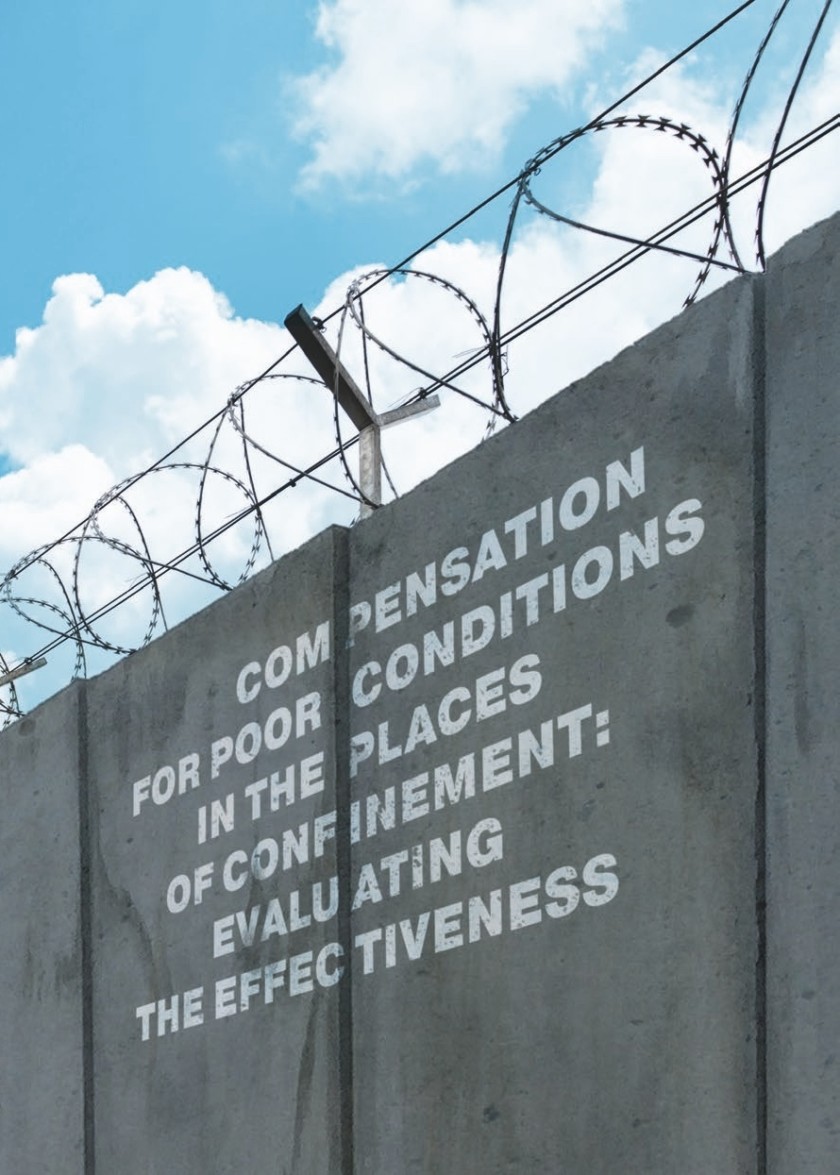In this report, we assess the effectiveness of the compensatory remedy based on the caselaw of the courts of the Russian Northwestern Federal District.
The compensatory remedy has been introduced into Russian legislation in implementation of the general measures imposed by a group of rulings of the European Court of Human Rights on degrading conditions of detention. The Law “On Amendments to Certain Legislative Acts of the Russian Federation (particularly those aimed at improving compensatory remedy against violations related to the failures to ensure proper conditions of detention and imprisonment)” was adopted on 27 December 2019, and entered into force on 27 January 2020. From that point on, applicants must exhaust all effective remedies at the national level before filing a complaint with the ECtHR.
In the case Shmelev and Others v. Russia, the court emphasized that it had evaluated the potential effectiveness of the compensatory remedy. However, the court may change its view on the effectiveness of this remedy shall the enforcement of the Law on Compensation suggest that claims are rejected on formal grounds, the proceedings in such cases are protracted, the compensation is insufficient or not paid in a timely manner, or that judicial practice does not comply with the requirements of the ECHR or the case-law of the ECtHR.
If the ECtHR finds the compensatory remedy ineffective, potential applicants to the ECtHR will not need to resort to it. In the meantime, the complainants, guided by the decision on the complaint of Shmelev and others, should appeal to the Russian court under Article 227.1 of the Administrative Procedure Code of Russia.
